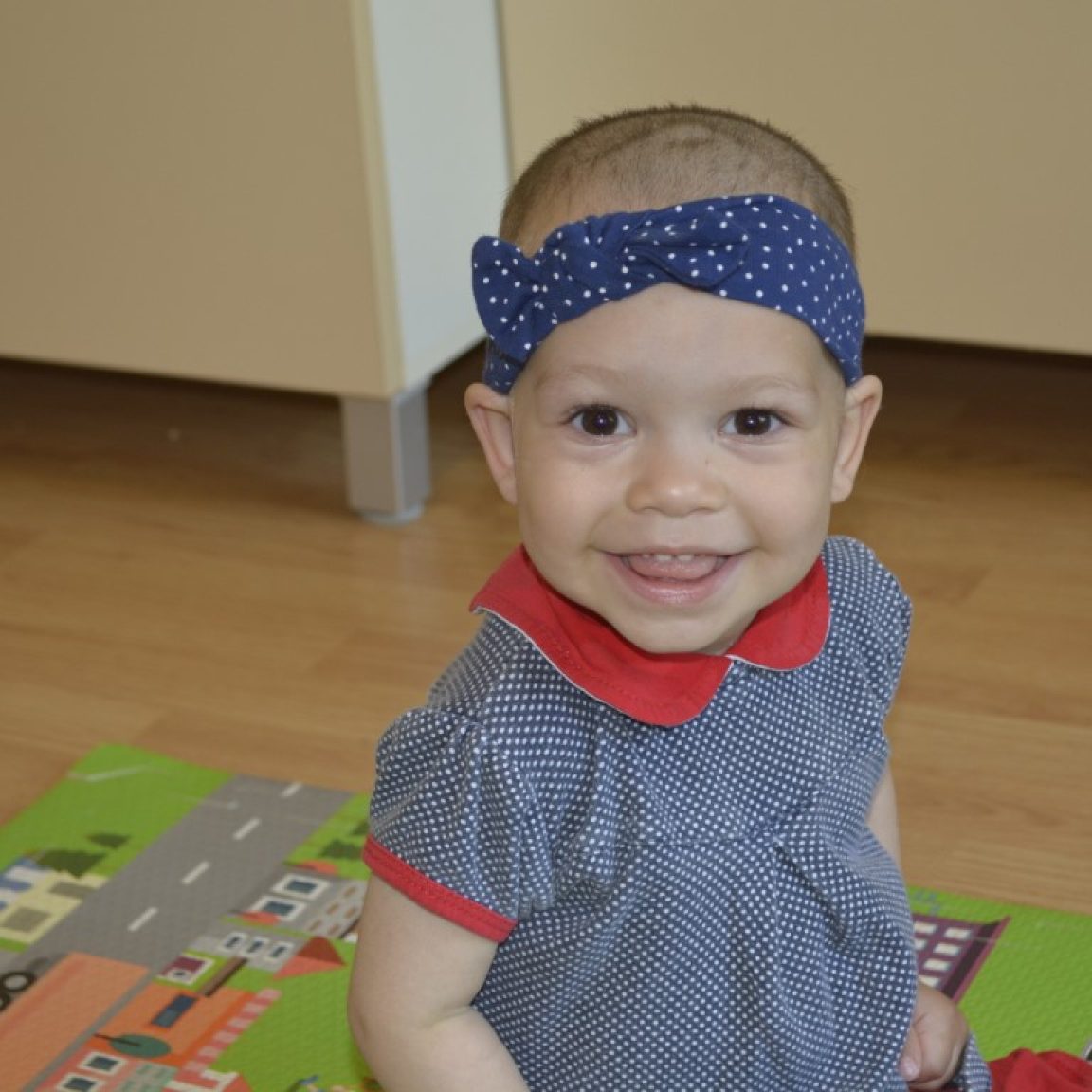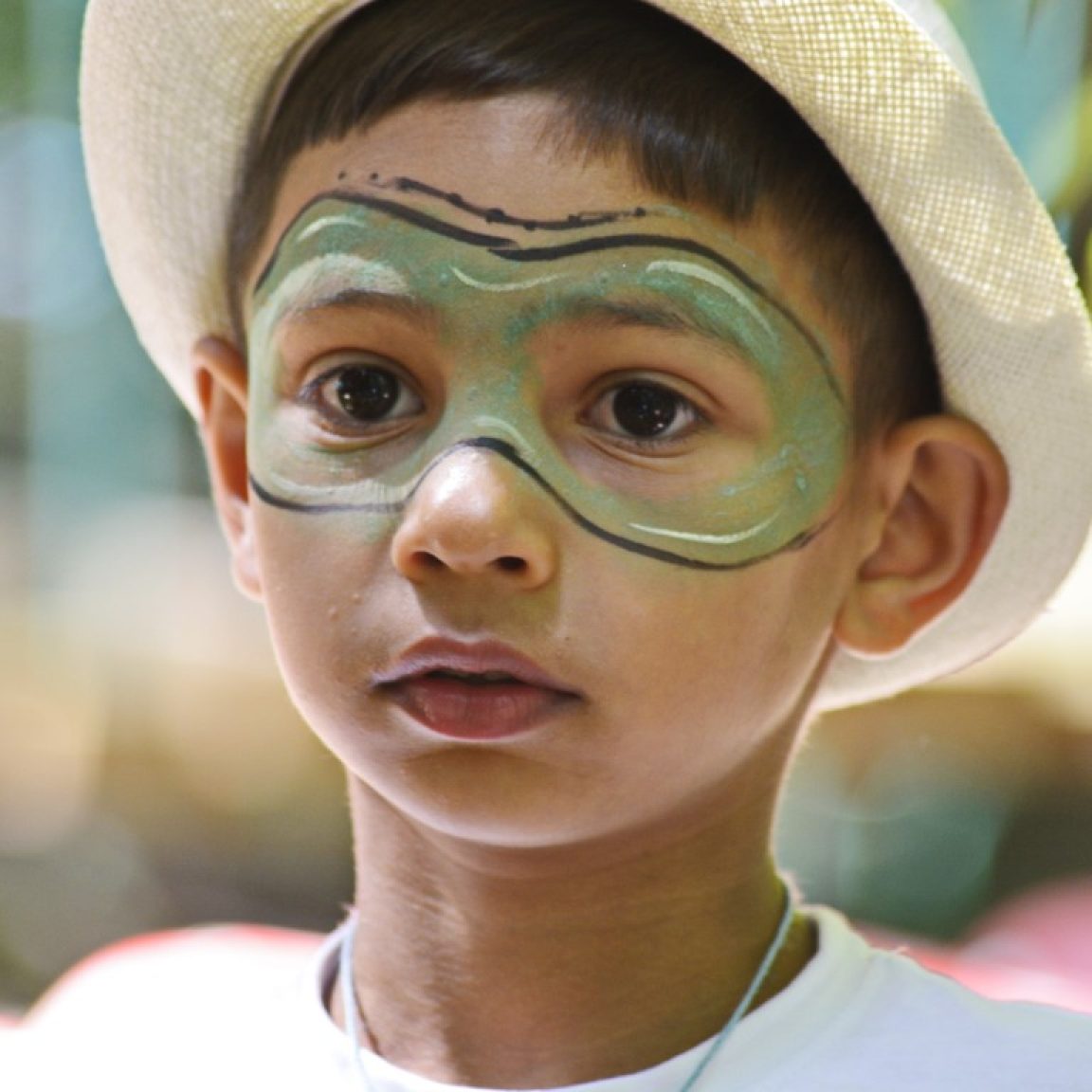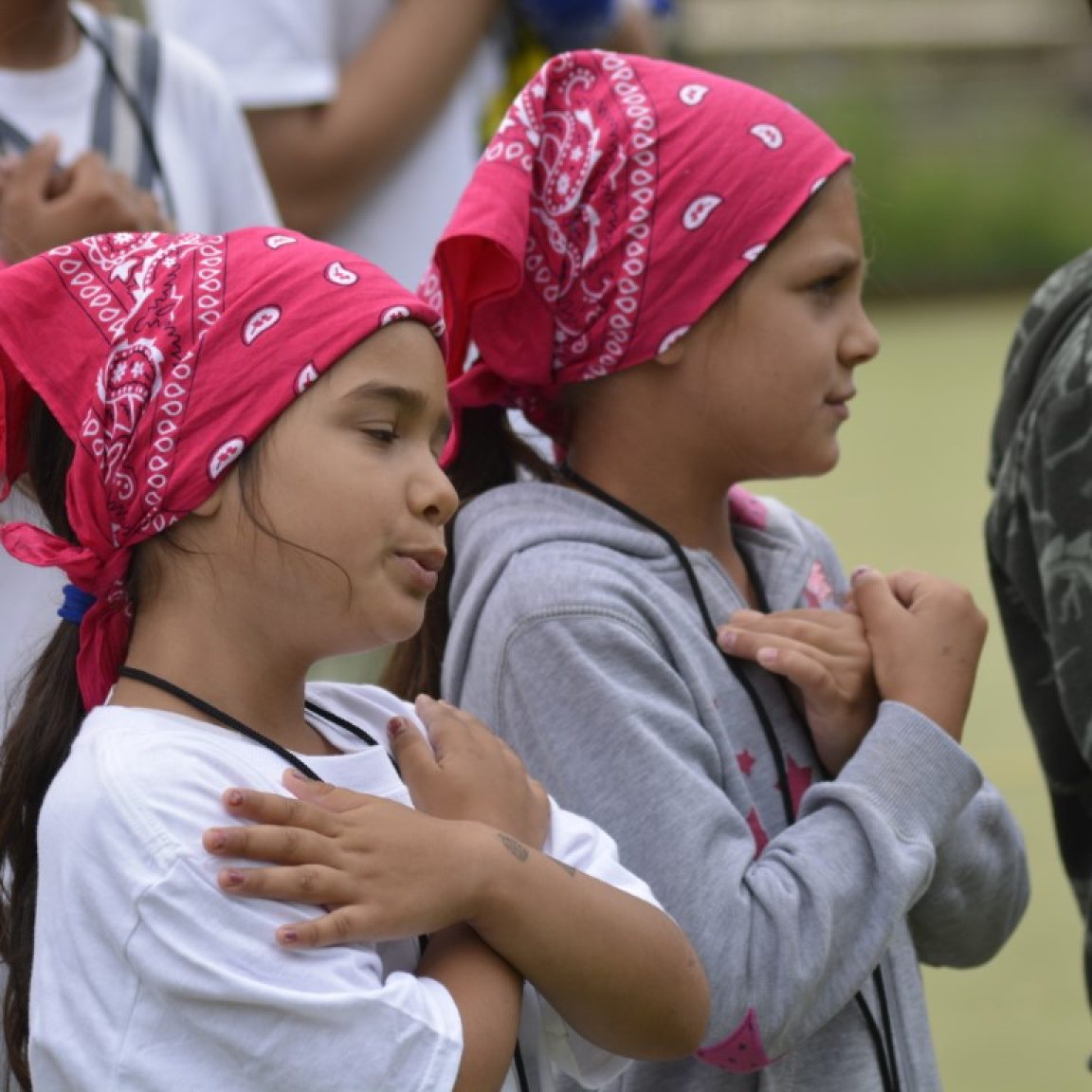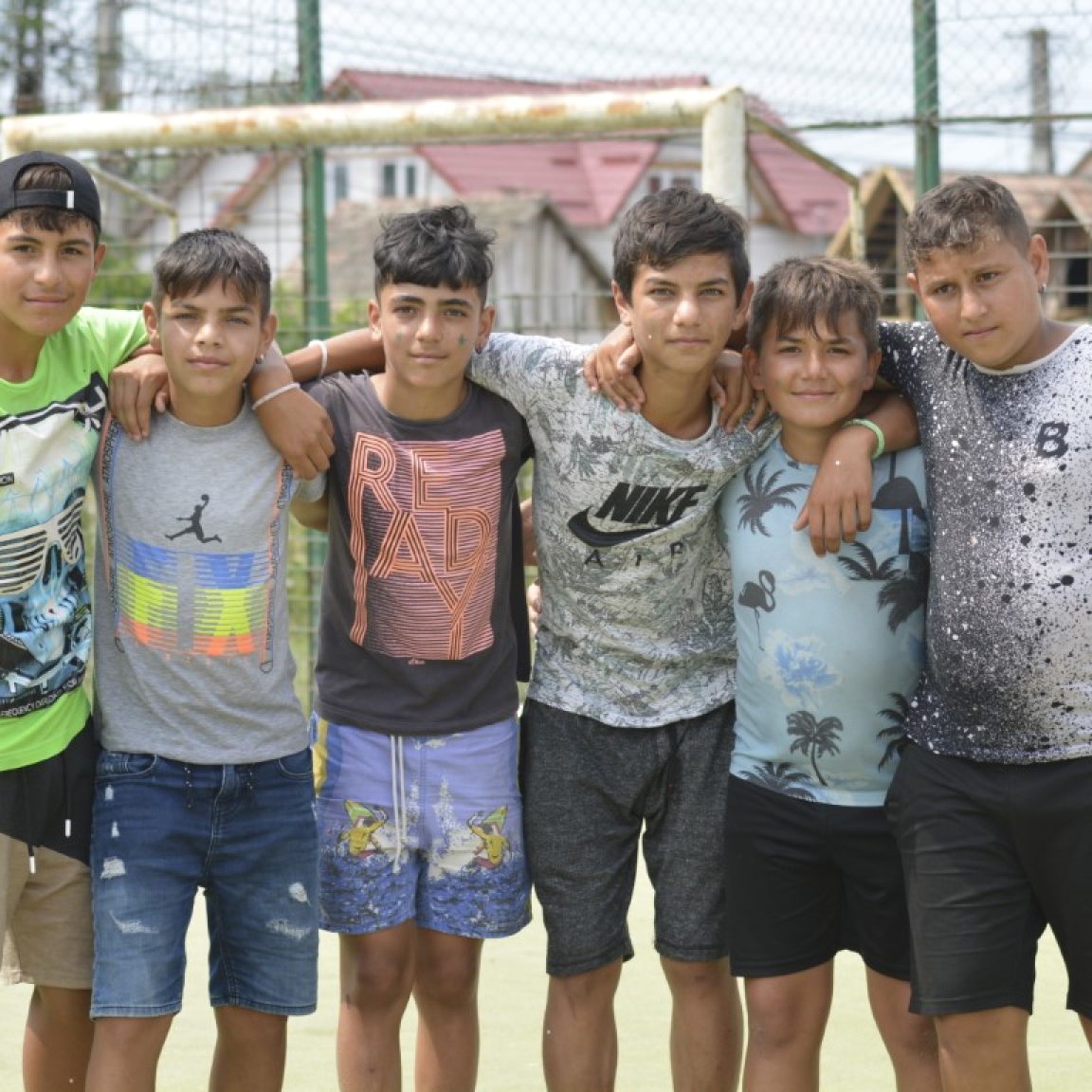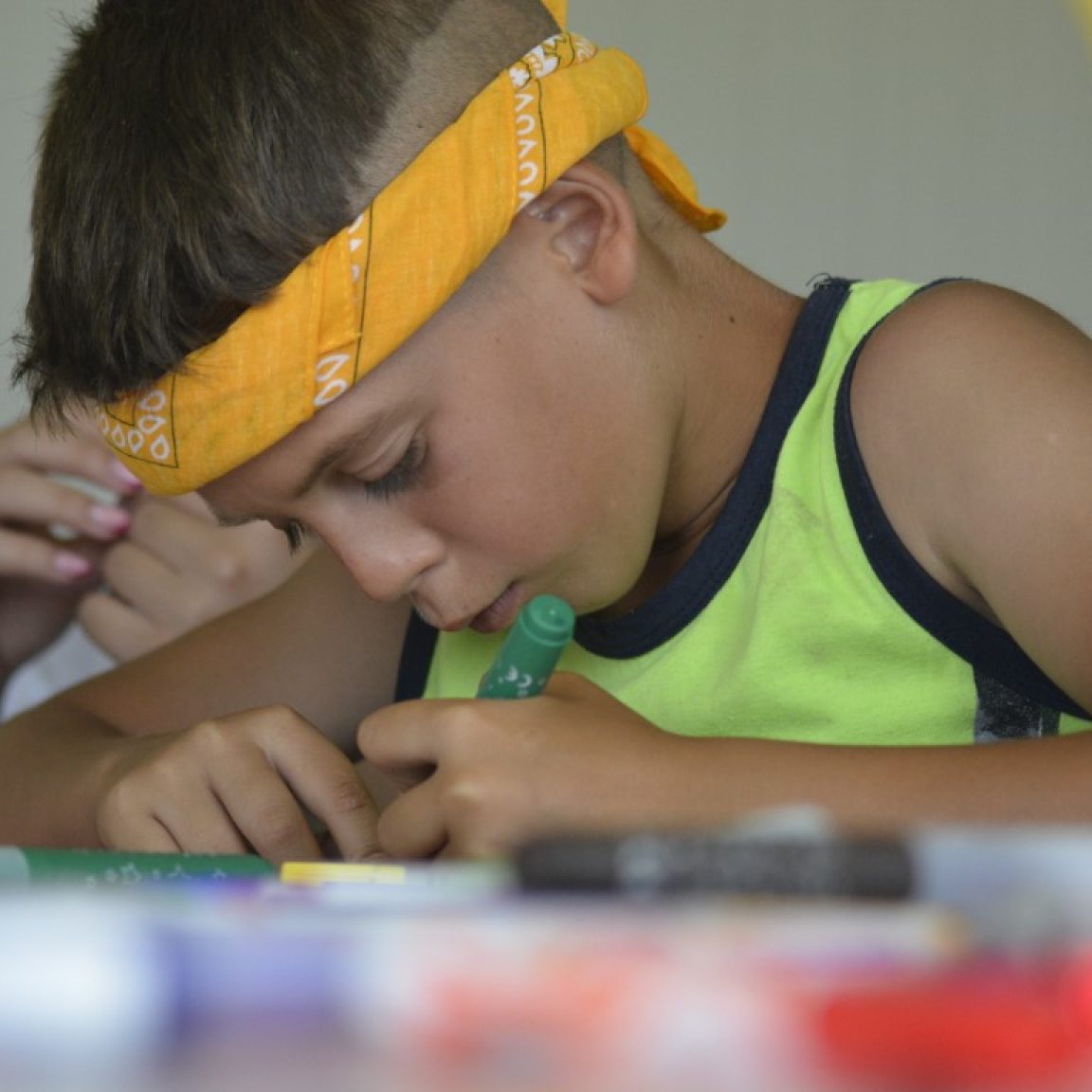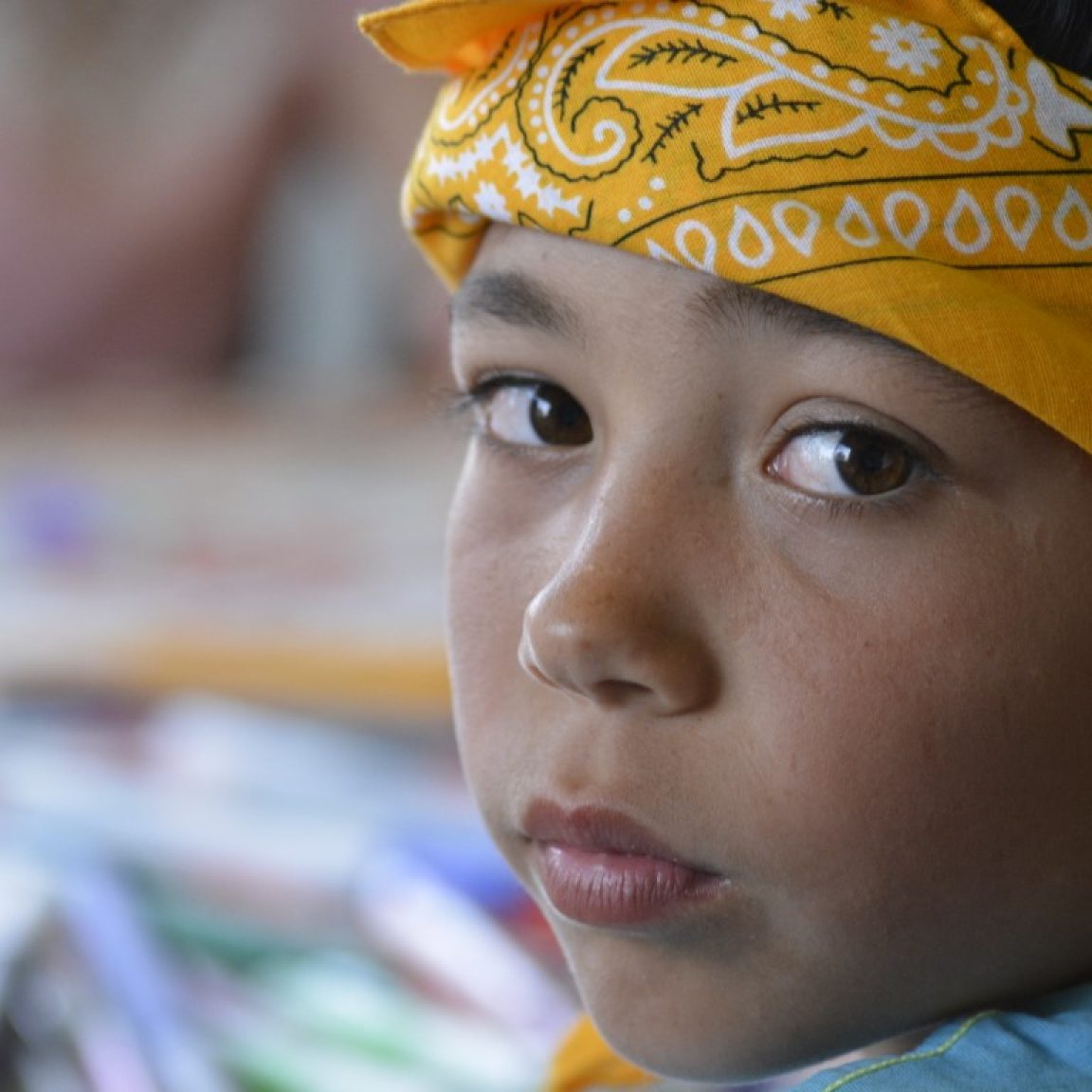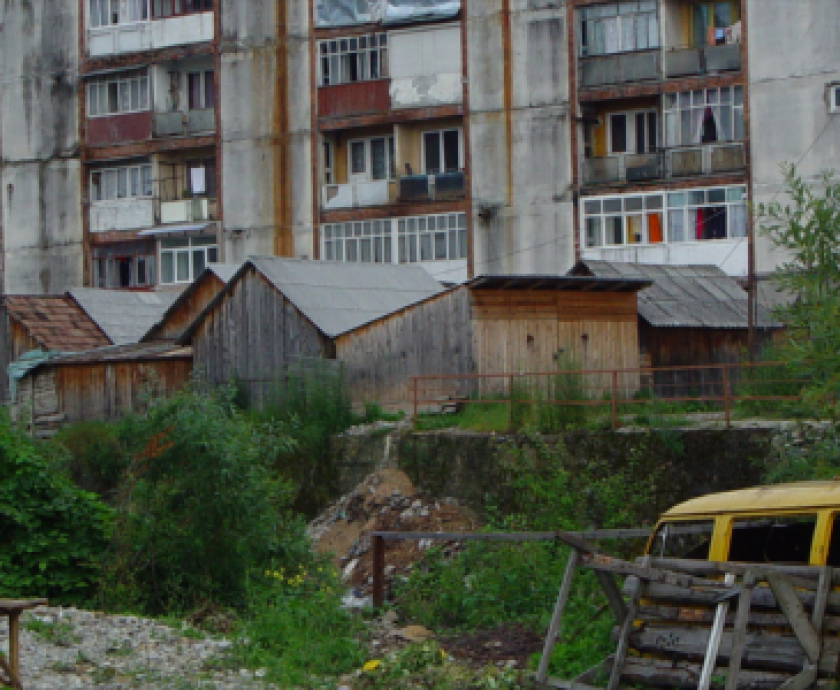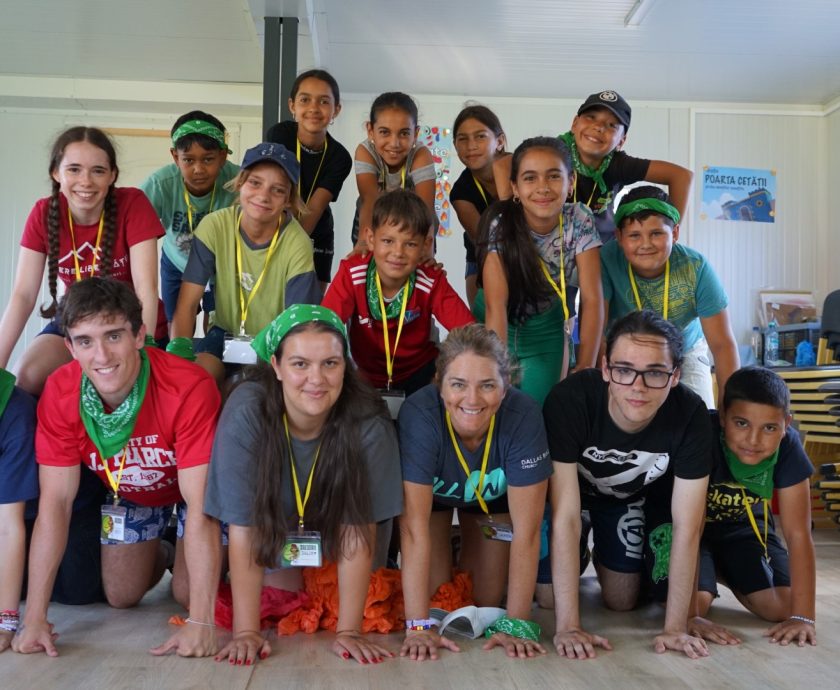Romania’s history with orphan care is a complex and sobering tale that reflects broader societal and political changes. The country’s approach to caring for its most vulnerable children has evolved dramatically over the decades, moving from a system marked by institutional neglect to one characterized by more personalized, attentive care provided by nonprofit organizations. This shift not only represents a change in policy but also highlights a growing recognition of the importance of each child’s well-being and future.
The Historical Context: A Legacy of Institutionalization
The roots of Romania’s orphan care crisis trace back to the Communist era under Nicolae Ceaușescu. In the 1960s, Ceaușescu implemented a set of policies that aimed to increase the country’s population, including banning abortion and contraception. As a result, many families, particularly those living in poverty, were unable to care for the large number of children they were pressured to have. This led to a dramatic rise in the number of children placed in state-run institutions.
These institutions were often overcrowded, underfunded, and poorly managed. The conditions were deplorable, with many children suffering from malnutrition, lack of medical care, and emotional neglect. The focus was on basic survival, with little attention given to the individual needs of the children. Staff were often untrained and overworked, and the institutional environment was sterile, devoid of warmth or personal connection. Children in these facilities were deprived of the nurturing and love they desperately needed, leading to severe psychological and developmental issues that many carried into adulthood.
The Shift Towards Compassion: The Role of Nonprofits
The fall of Ceaușescu’s regime in 1989 and the subsequent exposure of the horrific conditions in Romania’s orphanages sparked international outrage and a wave of humanitarian aid. It also marked the beginning of a significant transformation in the way orphaned and abandoned children were cared for in Romania.
Nonprofit organizations, both local and international, began to step in, bringing with them new approaches to child care that prioritized the individual needs of each child. These organizations recognized that simply providing food and shelter was not enough; children needed love, attention, education, and a sense of belonging to truly thrive.
One of the most significant changes has been the shift from large, impersonal institutions to smaller, family-like homes. Many nonprofits in Romania like Livada Orphan Care now operate group homes or foster care programs where children can receive more personalized care in a setting that mimics a family environment. These homes are often staffed by caregivers who are trained to provide not just physical care but also emotional support, helping the children heal from the trauma of their past experiences.
In addition to improving living conditions, nonprofits like Livada have also focused on education and life skills training, preparing children for a future beyond the orphanage. Programs that emphasize social integration, mental health support, and vocational training have become crucial aspects of the care provided. These efforts are designed to ensure that when these children reach adulthood, they are equipped with the skills and confidence needed to lead independent, fulfilling lives.
The Impact of Compassionate Care
The difference in outcomes between children raised in the old institutional system and those cared for by modern nonprofit organizations is striking. While the former often struggled with long-term psychological and social issues, many of the children who have benefited from nonprofit care have been able to overcome their early hardships. They are more likely to complete their education, find employment, and build healthy relationships.
This transformation is not just about improving the lives of individual children; it represents a broader societal change. By prioritizing the well-being of its most vulnerable members, Romania is slowly shedding the legacy of its past and building a more compassionate and just society.
Looking Ahead: Continuing the Progress
While much progress has been made, challenges remain. The need for continued support from both the Romanian government and international communities is crucial to ensure that all orphaned and abandoned children in Romania receive the care they deserve. Nonprofit organizations like Livada Orphan Care continue to play a vital role in this effort, advocating for policy changes, providing direct care, and raising awareness about the ongoing needs of these children.
As we reflect on Romania’s journey in orphan care, it is clear that the shift from institutionalization to more personalized, compassionate care is not just a change in policy but a transformation of heart. The work of nonprofits in Romania serves as a powerful reminder that every child, regardless of their circumstances, deserves to be seen, heard, and loved. By continuing to support these efforts, we can help build a brighter future for all of Romania’s children.


